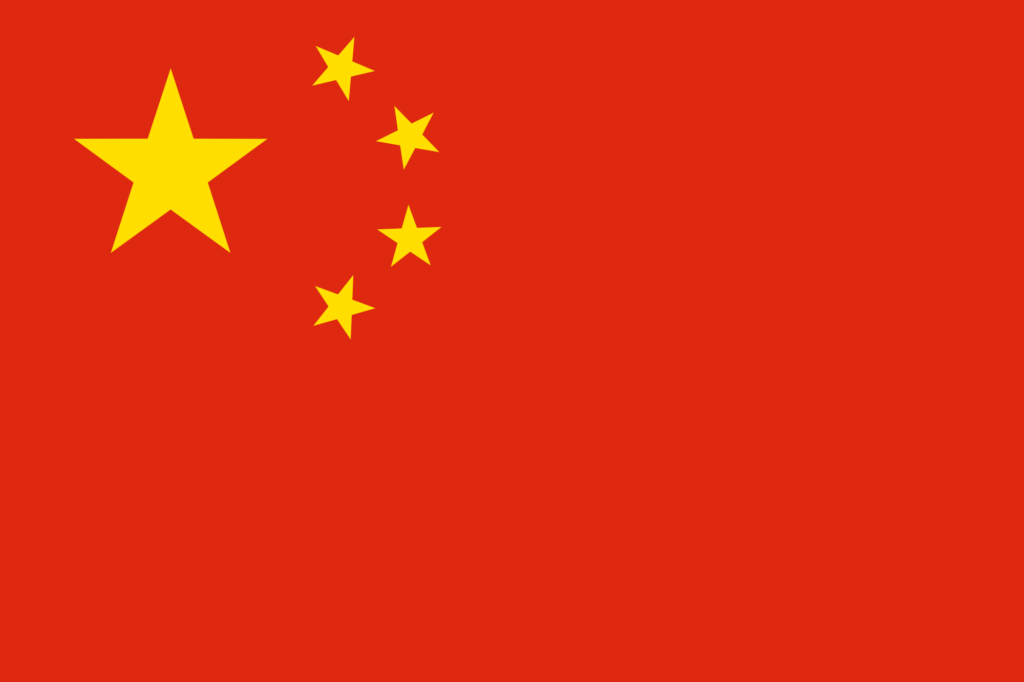In a move that underscores its growing role in global security matters, China is set to host a high-level meeting in Beijing with Russia and Iran, focusing on the Iranian nuclear issue. The gathering, scheduled for Friday, will be chaired by China’s Vice Foreign Minister Ma Zhaoxu and will see the participation of Russia’s Deputy Foreign Minister Ryabkov Sergey Alexeevich and Iran’s Deputy Foreign Minister Kazem Gharibabadi. This meeting arrives at a time when the international community is closely watching developments in Iran’s nuclear program, particularly after reports that Iran is expanding its stocks of uranium nearing weapons-grade purity.
This initiative by China marks a significant moment in international diplomacy, reflecting shifting alliances and strategic recalibrations amid mounting global security challenges. By inviting Russia and Iran—nations with which it maintains deep strategic ties—China is signaling its intention to play a more active role in mediating one of the most contentious issues of our time.
Evolving Geopolitical Ties
Since the onset of the Ukraine war in 2022, relations between Iran and Russia have grown markedly stronger. The two nations, bound by mutual interests and shared geopolitical challenges, have fortified their cooperation through various treaties and strategic accords. Earlier this year, a comprehensive strategic cooperation treaty between Russia and Iran further cemented this partnership, reinforcing the notion that the three countries could form a bloc capable of challenging established global norms.
China, long a proponent of multilateral diplomacy and non-interference in internal affairs, has gradually assumed a mediating role in conflicts and contentious issues. Its decision to host a trilateral dialogue on the Iranian nuclear issue is a reflection of its broader ambition to present itself as a responsible stakeholder in global governance. By bringing together Russia and Iran, China is not only reinforcing its own strategic interests but is also striving to ensure that a stable balance is maintained in a region fraught with tension.
The Focus on the Iranian Nuclear Program
At the heart of this meeting is the Iranian nuclear program, a subject that has long been a point of contention between Tehran and several Western nations. Recent reports have highlighted that Iran is expanding its uranium stocks to levels dangerously close to what many consider to be weapons-grade. These developments have led to renewed debates within international forums such as the United Nations Security Council (UNSC), where a closed-door meeting in New York on the same day further underscored global concerns over Iran’s nuclear ambitions.
China’s involvement in this matter is particularly significant given its longstanding policy of non-proliferation and its emphasis on dialogue and peaceful resolution of disputes. The upcoming meeting in Beijing is expected to offer a platform where the three nations can exchange views not only on the technicalities of Iran’s nuclear activities but also on the broader implications of these activities for regional and global security. By addressing these concerns directly, China hopes to mitigate the risks of nuclear escalation while preserving the strategic interests of all parties involved.
A Meeting of Strategic Minds
Vice Foreign Minister Ma Zhaoxu, who will chair the Beijing meeting, brings with him a wealth of diplomatic experience and a nuanced understanding of international relations. His leadership is expected to steer the discussions in a manner that emphasizes constructive dialogue and mutual respect. Alongside him, Russia’s Deputy Foreign Minister Ryabkov Sergey Alexeevich and Iran’s Deputy Foreign Minister Kazem Gharibabadi are anticipated to present their respective countries’ perspectives on the nuclear issue, as well as share insights on other issues of mutual interest.
The fact that all three participants hold the deputy ministerial rank is indicative of the meeting’s focus on in-depth, technical discussions rather than mere political posturing. It suggests that the agenda will include detailed analyses of current nuclear stockpiles, discussions on verification mechanisms, and proposals for safeguarding nuclear materials. These discussions are critical not only for ensuring that Iran’s nuclear program remains within the bounds of peaceful usage but also for preventing the proliferation of nuclear weapons in an already volatile region.

Broader Implications for Global Security
The implications of this meeting extend far beyond the immediate concerns of the Iranian nuclear program. For years, the international community has grappled with how to balance the need for non-proliferation with the respect for national sovereignty. The involvement of China, Russia, and Iran in this dialogue may herald a new approach to managing these complex issues. Instead of relying solely on Western-dominated institutions, the meeting could pave the way for a more multipolar approach to global security, one where diverse voices are heard and considered.
Moreover, the meeting comes at a time when global power dynamics are undergoing rapid transformation. With traditional alliances being re-evaluated and new partnerships emerging, the trilateral dialogue in Beijing could serve as a bellwether for future cooperation on security matters. It also highlights the potential for China to mediate between rival powers and foster dialogue in areas where trust has long been eroded by decades of conflict and misunderstanding.
Addressing Mutual Interests
Beyond the nuclear issue, the meeting is expected to cover a range of topics that are of mutual interest to China, Russia, and Iran. Economic collaboration, regional security arrangements, and strategies for countering external pressures are likely to be high on the agenda. The trilateral dialogue underscores the growing interdependence between these nations, who face common challenges in the form of international sanctions, economic isolation, and security threats from various quarters.
In particular, the meeting will provide an opportunity for the three countries to explore ways of enhancing their strategic autonomy. By strengthening their cooperation, they hope to create a counterbalance to the influence exerted by Western powers in global affairs. This is especially pertinent given the current geopolitical climate, where the influence of traditional power centers is being increasingly questioned by emerging economies and alternative alliances.
The Timing and Context
The decision to convene this meeting in Beijing on the same day as the UNSC’s closed-door session in New York is a calculated one. It highlights the contrasting approaches to the Iranian nuclear issue: one that is characterized by transparency and collective decision-making within the framework of international organizations, and another that is driven by direct, bilateral and trilateral engagement among nations with shared interests. China’s initiative to hold its own dialogue reinforces the idea that there is a need for multiple channels of communication to address complex security challenges effectively.
This meeting also serves as a reminder of the limitations of existing international frameworks when it comes to addressing nuanced issues such as nuclear proliferation. By taking the initiative, China is not only offering an alternative platform for dialogue but also challenging the dominant narrative that has often excluded perspectives from countries outside the Western sphere of influence.
Looking Ahead: Potential Outcomes
While it is too early to predict the concrete outcomes of the Beijing meeting, several potential scenarios could emerge. One possibility is the establishment of a joint framework for monitoring Iran’s nuclear activities, which could include provisions for regular inspections, transparency measures, and mutual accountability. Such a framework would be a significant step towards de-escalating tensions and building trust among the involved parties.
Another potential outcome could be the initiation of broader diplomatic negotiations that extend beyond the nuclear issue. Given the deep-rooted strategic ties between China, Russia, and Iran, the dialogue may pave the way for more comprehensive agreements on trade, technology transfer, and regional security. This could, in turn, lead to the formation of a more cohesive bloc capable of asserting greater influence on the global stage.
Conclusion
China’s upcoming meeting with Russia and Iran on the Iranian nuclear issue represents a bold step towards redefining international diplomacy in an era marked by shifting alliances and complex security challenges. By bringing together key representatives from nations with deep strategic ties, China is asserting its role as a mediator and a forward-thinking actor in global affairs. The dialogue in Beijing is expected to address not only the immediate concerns surrounding Iran’s nuclear program but also broader issues of regional security and economic collaboration.
As the world watches these developments closely, it is clear that the stakes are high. The outcomes of this meeting could have far-reaching implications for global non-proliferation efforts and the future of international security. In a rapidly changing geopolitical landscape, the willingness of China, Russia, and Iran to engage in open and constructive dialogue offers a glimpse of hope for more balanced and inclusive global governance.










